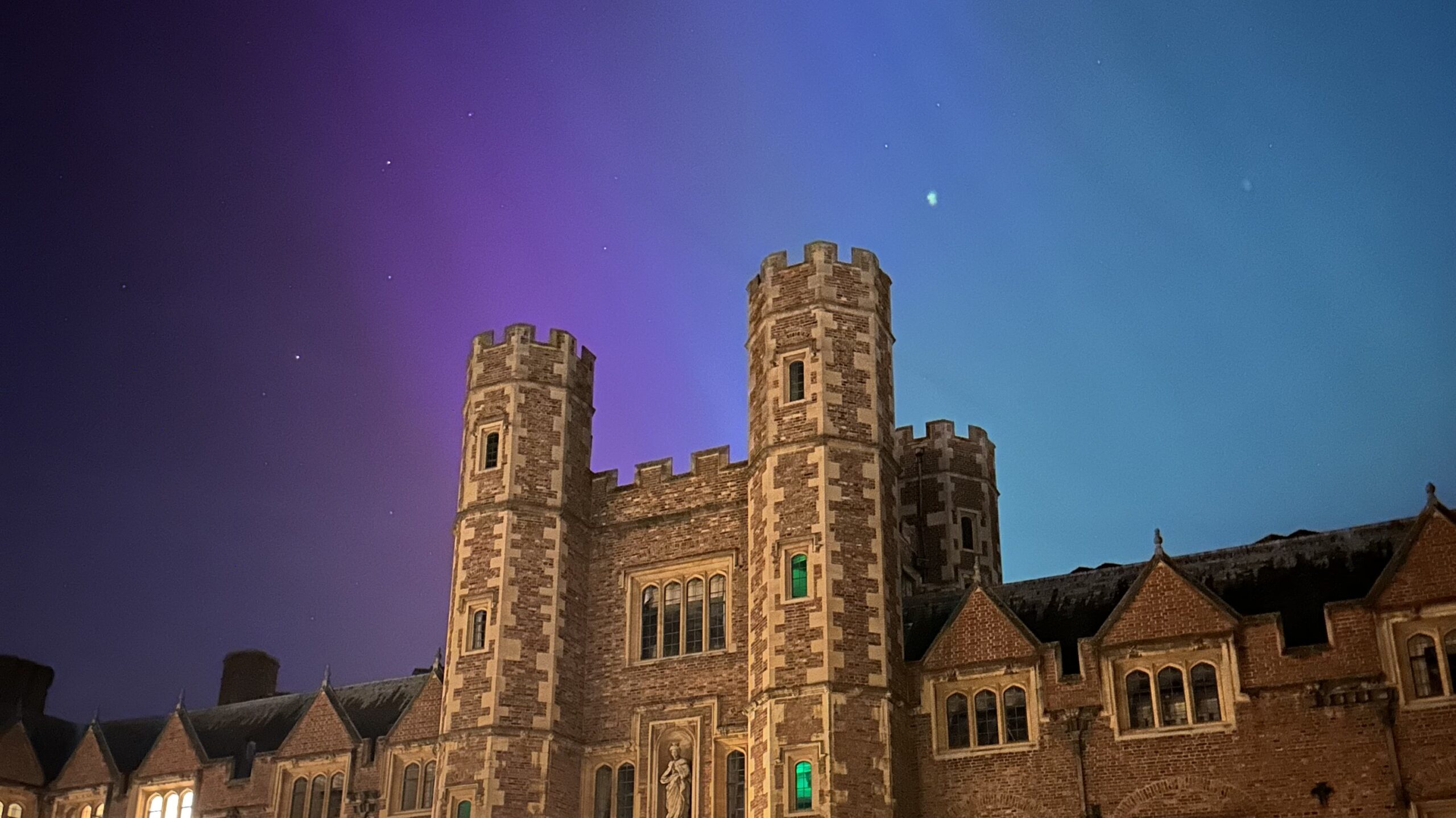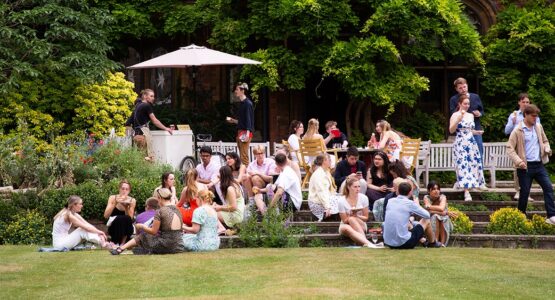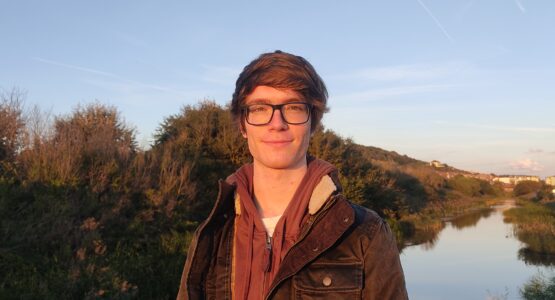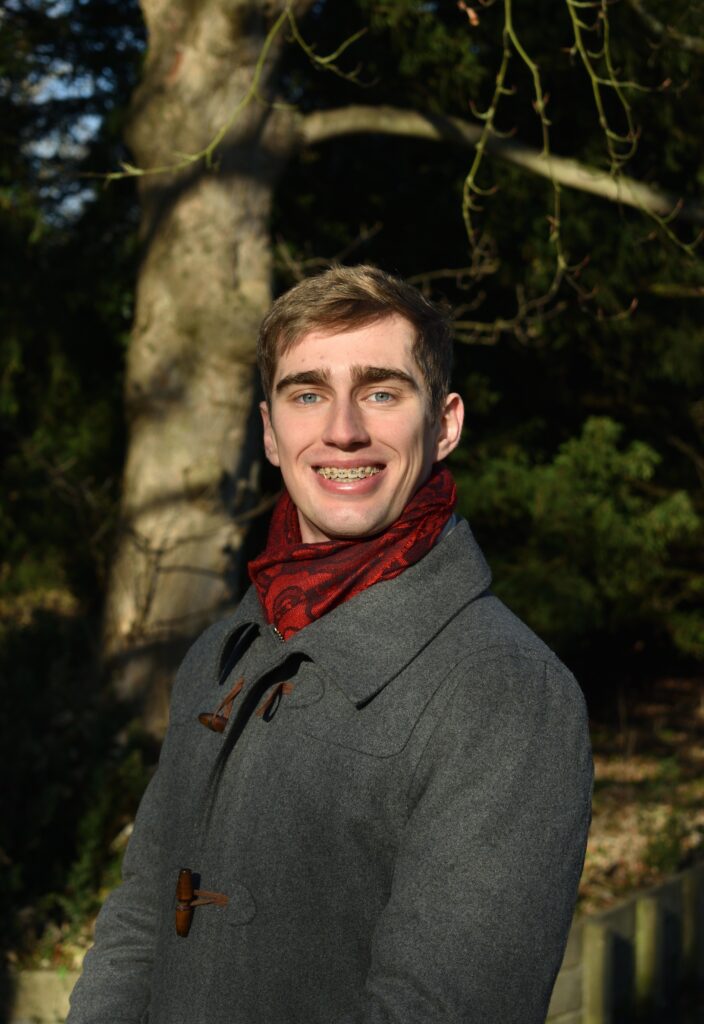
What prompted my interest in classical music, let alone in such an artificial and essentially weird artform as opera? I can’t pinpoint a single catalyst, but it might have formed from a mixture of old-school cartoons and fortuitous internet browsing. Nonetheless, ten-year-old me imagined himself on the operatic stage, bellowing out Figaro’s aria from The Barber of Seville (back then I couldn’t have known that I am in fact a baritone – though not nearly as agile as to even think of attempting this aria).
Music education is a completely unknown concept in provincial Polish towns. No one in my family, myself included, was aware of such a possibility. What a surprise it was to discover upon my arrival in Cambridge that absolutely everyone played an instrument and sang in half a dozen choirs, seemingly from the moment of their conception. They even staged operas! Unfortunately, music tuition within the colleges is set up with the already brilliantly educated British in mind. Someone considerably less advanced has to look for help privately – and I wouldn’t have been able to do so without the generous help of Johnian donors.
After two years of hard work with my singing teacher, in my fourth year at Cambridge I finally fulfilled my dream of performing in an opera. And what a first operatic experience it was! I sang bass in the chorus of the Cambridge University Opera Society’s main show: four nearly sold-out performances of Mozart’s Magic Flute. I wanted to savour every moment, so I got involved in everything possible, from stage building to cuing the choir entries, and I sat in the wings every show watching my fabulous colleagues perform. I will never forget standing onstage after each performance, with the feeling of a job well done, and looking into the eyes of a cheering audience. Those were truly some of the happiest moments of my life.
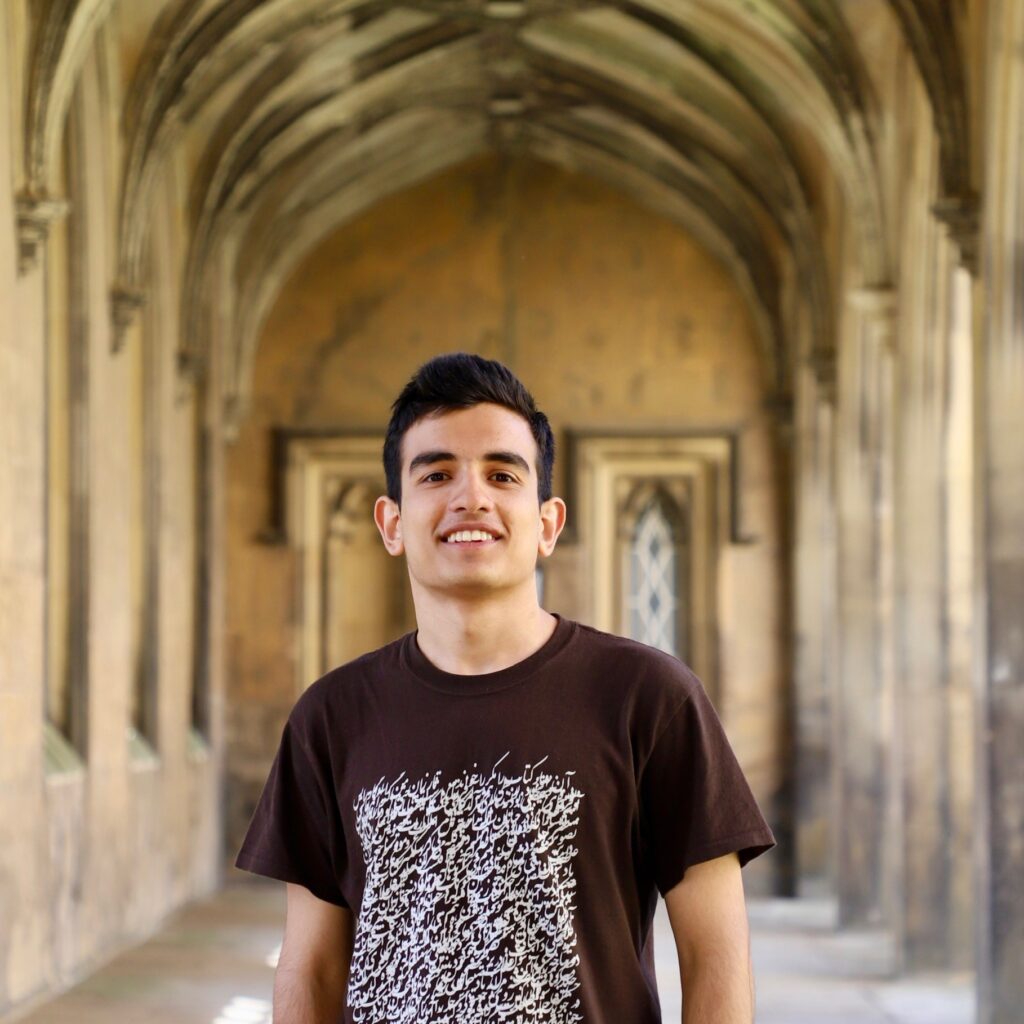
We hear ‘Chatbot’ quite a lot these days, with ChatGPT being the most famous recently. All these bots are powerful computers (usually stored in big data centres) that have the knowledge base of vast amounts of text from the internet and are referred to as large language models. They are great at understanding human language and can therefore generate coherent text.
However, a big issue arises when interacting with these chatbots: they are good at lying! Their impressive understanding of language enables them to easily present something to us as a fact and convince us that it is true even when it’s not.
The Cambridge Dictionary Word of the Year 2023 was ‘Hallucinate’, and this is how it is defined: when an artificial intelligence hallucinates, it produces false information. There are many examples of large language models hallucinating on the internet. This is concerning because more and more people are starting to use the information generated by these chatbots. That is the topic of my dissertation: to tackle hallucination.
I am interested in artificial intelligence and the discoveries being made almost every day now. I would like to thank my supervisor at the Natural Language Processing Faculty, Professor Andreas Vlachos, who offers me ongoing support and advice on how to approach and carry out the project.
Running large language models is a power hungry task that needs large computing power (usually through GPUs). When I proposed the project, I asked for access to high performance computing. In the few weeks it took for access to be permitted, I bought API hours with the aid of the bursary so I could experiment with ChatGPT.
Hallucination is an open problem in the AI field and there is a lot of research being conducted in different parts of the world to try to minimise this. So far, I have achieved promising results by training an open-source large language model on a big fact-checking dataset. The project is still ongoing and is expected to finish in early May.
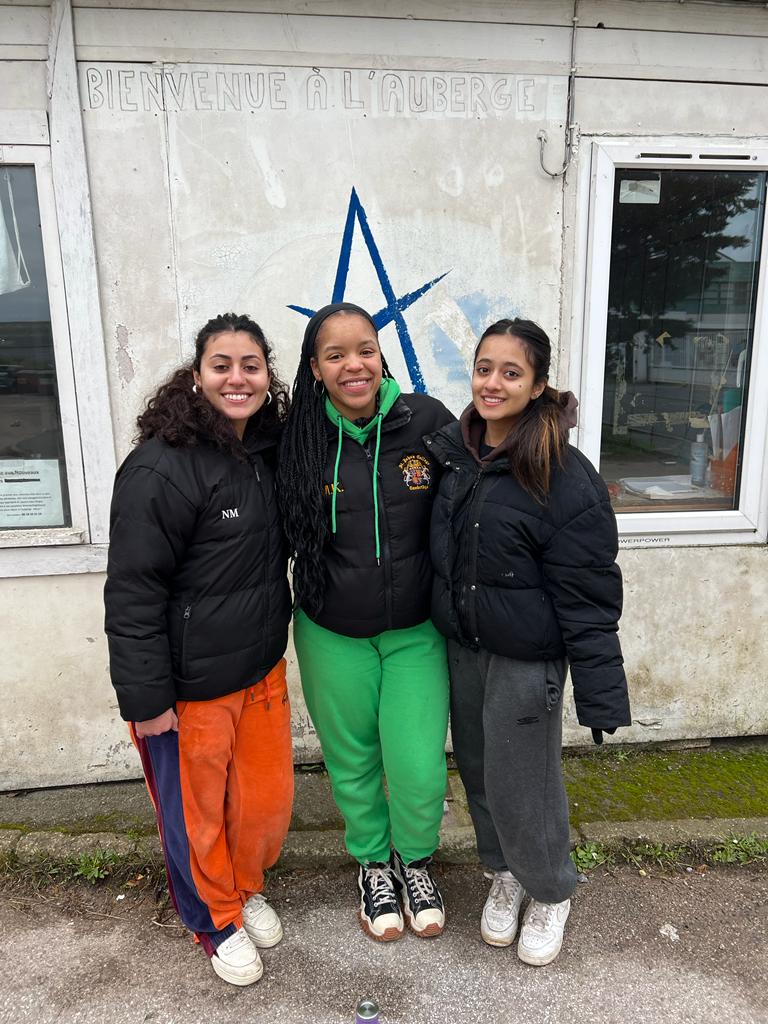
I first became interested in human rights when I was a child; I vaguely remember sitting at the dinner table with my sister while my parents talked about the global state of the world. Growing up I always noticed those who were homeless on the street and those who had to use the local foodbank, and this awareness shaped me into the advocate for human rights that I am today.
Last January I travelled to Calais in France for two nights with the University’s Freedom from Torture Society in collaboration with the Cambridge Convoy Refugee Action Group. We worked in some of the warehouses that provide food and services to the refugees in the region. Since the demolition of the former ‘Calais Jungle’, which had notoriously poor conditions, the refugees in Calais are scattered in woodland areas or are on the streets of Calais, which makes it more difficult for the volunteers to locate those who need assistance. The bursary funded accommodation, travel costs and food expenses for the trip.
On the first day at the warehouse, I volunteered to work in the kitchen as I am an avid cook. I was immediately struck by the enormous kitchenware, which I later realised was necessary because the volunteers cook in bulk for hundreds of people every day. I chopped ingredients, moved on to cleaning the industrial sized pots and then finished the day by deep cleaning the kitchen. On the second day, I was in another section of the warehouse working with donated clothes, which I had to sort and organise according to size, gender, suitability, etc.
It was a privilege to play a small part in supporting the refugees in Calais, and it was inspiring to see how hard the volunteers work for months on end. A poignant moment during the trip was when Reggae music was playing on the speakers while I was working in the kitchen and everyone just seemed so happy: happy to be there; happy to be working; happy to be alive. I will always remember that.

